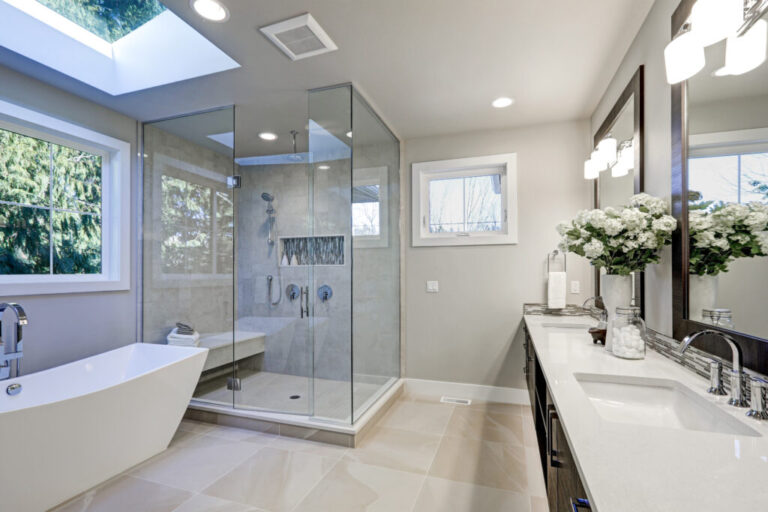Benefits of Short-term Furnished Housing to Traveling Healthcare Workers
Introduction
For instance, healthcare workers have particular needs when they are always on the move and on the lookout for a place to stay.
In this light, the emergence of short-term furnished housing has been a timely solution to most of these challenges. This is increasingly becoming popular due to its immediate convenience, inexpensiveness, comfort, and preference among many in the field of operation. Other advantages of housing for healthcare workers include ease and comfort; it allows health professionals to attend to their high-demanding tasks without any added stress. Short-term furnished housing provides a homelike stay, which in many ways is far better than hotel alternatives.
Convenience and comfort
They are fully furnished apartments with all major amenities. They help busy healthcare workers to get settled easily and focus their energy on work rather than logistic and extra costs of furnishing a temporary home. They could be fully equipped with a kitchen and laundry system, adding to comfortable quarters and, generally, living standards.
According to TravelNursing, low or high quality of living arrangements may have significant impacts on the experience and productivity of the nurse. Thus, with easy transitions from work to non-work by going to a comfortable and homelike setting, job satisfaction would increase and perform better at work.
Cost-effective solutions
Financial concerns are important to traveling health professionals. Of course, health professionals who are constantly on the move from one assignment to the next have to be concerned about the bottom line as well. Furnished short-term housing is often less expensive than a prolonged stay in a hotel.
Most of these accommodations include utilities in the rent, making it much easier to budget and avoid unexpected expenses. The cooking facilities save a great deal of money on food expenses for the health worker every day; this is something that can add up very fast. This would in addition, enable these health professionals to track their expenditure, keep living comfortably while traveling, and make their money last.
Proximity to Workplaces
The essence of short-term furnished housing lies in being proximate to health institutions. This saves a lot of time and reduces lots of stress for the patient to have more rest. To the health professionals who put in long hours of work, this is translated into being focused and aggressive enough to bring the best care possible to their patients.
Well-being Enhanced
Thus, living in a known and agreeable home may contribute positively to the physical and emotional well-being of health professionals. For instance, such opportunities for personal quarters provide time for rest after days at work an opportunity which may directly feed back into job satisfaction and performance. A stable base is given by:
- Emotional stability
- Encourage and sustain a positive and work-effective environment for all.
- Which in turn leads to an improved level of job satisfaction.
Variety of Choices
Accommodation for health workers varies from urban apartments in central cities to suburban houses in quiet neighborhoods, depending on personal preference and interests. This flexibility allows health professionals to lead very balanced and enriching lifestyles irrespective of the location of work civilization that puts comfort and enjoyment in the workplace.
Research and Trends
The traveling professionals in the healthcare sector have grown fond of short-term furnished housing due to their special needs and requirements for stability in living. It goes without saying that such a growing market definitely maintains a surefire way to ensure a bright future for the housing model. By constantly upgrading and flexibility toward the needs of healthcare workers, they mark themselves as more important in the field.
Conclusion
Temporary furnished housing allows health professionals in transit the convenience, economy, and comfort they need. Solutions with the ability to meet such specific needs are increasingly viewed as added value to core services. In return, health workers might ensure balance in life, continued productivity, and selection of housing opportunities that meet both professional and personal needs.







